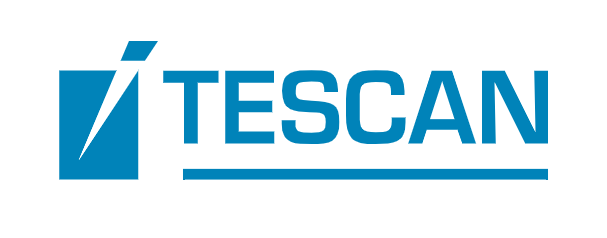Speaker
Description
Numerical simulation is an essential tool for understanding subsurface flow in porous media problems, yet it often suffers from computational challenges due to these problems' highly non-linear governing equations, their multi-physics nature, and the need for high spatial resolutions to capture multi-scale heterogeneity. The inherent parameter uncertainties in subsurface porous media necessitate probabilistic assessments and history matching tasks, which often require prohibitively large numbers of simulation runs. To aid engineering decisions, surrogate modeling methods are proposed by developing lower-fidelity but computationally efficient models that can provide reasonably accurate results for specific tasks. Deep learning has recently shown a growing potential for subsurface flow and transport problems. Specifically, supervised learning approaches use data generated by numerical simulators to train deep learning models and have shown encouraging results for uncertainty quantification or history matching tasks. Here, we introduce the CCSNet, a general-purpose deep-learning tool that can act as an alternative to conventional numerical simulators for a class of subsurface flow in porous media problems, namely, carbon capture and storage (CCS) problems. Unlike most proxy or surrogate models, which are developed on a task basis, we demonstrate that CCSNet provides solutions to an entire class of CCS problems where CO$_2$ is injected into saline aquifers in 2d-radial systems.
CCSNet is trained with a data set that represents almost all potential variables in the problem domain, including an extensive range of reservoir conditions, fluid properties, geological attributes, rock properties, multiphase flow properties, and injection designs. The CCSNet consists of a sequence of deep learning models to collaboratively produce salient outputs that a conventional numerical simulator can provide, including gas saturation distributions, pressure buildup, CO$_2$ dissolution, dry-out, fluid densities in gas and liquid phases, and mass balance. The dynamic change of these outputs is captured by a tailored temporal-3d convolutional neural network (CNN) architecture. The full set of outputs also allow us to evaluate how well the results satisfy the governing conservation equations without explicitly representing them in the loss function. The results are highly resolved, nearly as accurate as numerical simulation outputs, and have excellent computational efficiencies that are 10$^3$ to 10$^5$ times faster than conventional numerical simulators. For 2d-radial CO$_2$ injection problems, our results show that CCSNet can sufficiently act as an alternative to computationally intensive numerical simulators.
To illustrate the high computational efficiency of CCSNet, we applied it to the development of rigorous estimation techniques for sweep efficiency and solubility trapping based on a stochastic sampling of the problem domains. Our results show that sweep efficiencies in homogeneous reservoirs can be predicted accurately using only three variables: the Bond number, injection rate, and irreducible water saturation. Interestingly, injection depth and injection interval had little influence on sweep efficiency. Predicting solubility trapping is more complex, requiring information about the formation permeability, irreducible water saturation, pressure, temperature, Bond number, and capillary pressure curves. Simple equations are now available to estimate both of these parameters as part of site screening process.
| Time Block Preference | Time Block C (18:00-21:00 CET) |
|---|---|
| Student Poster Award | Yes, I would like to enter this submission into the student poster award |
| Acceptance of Terms and Conditions | Click here to agree |
| Newsletter | I do not want to receive the InterPore newsletter |






